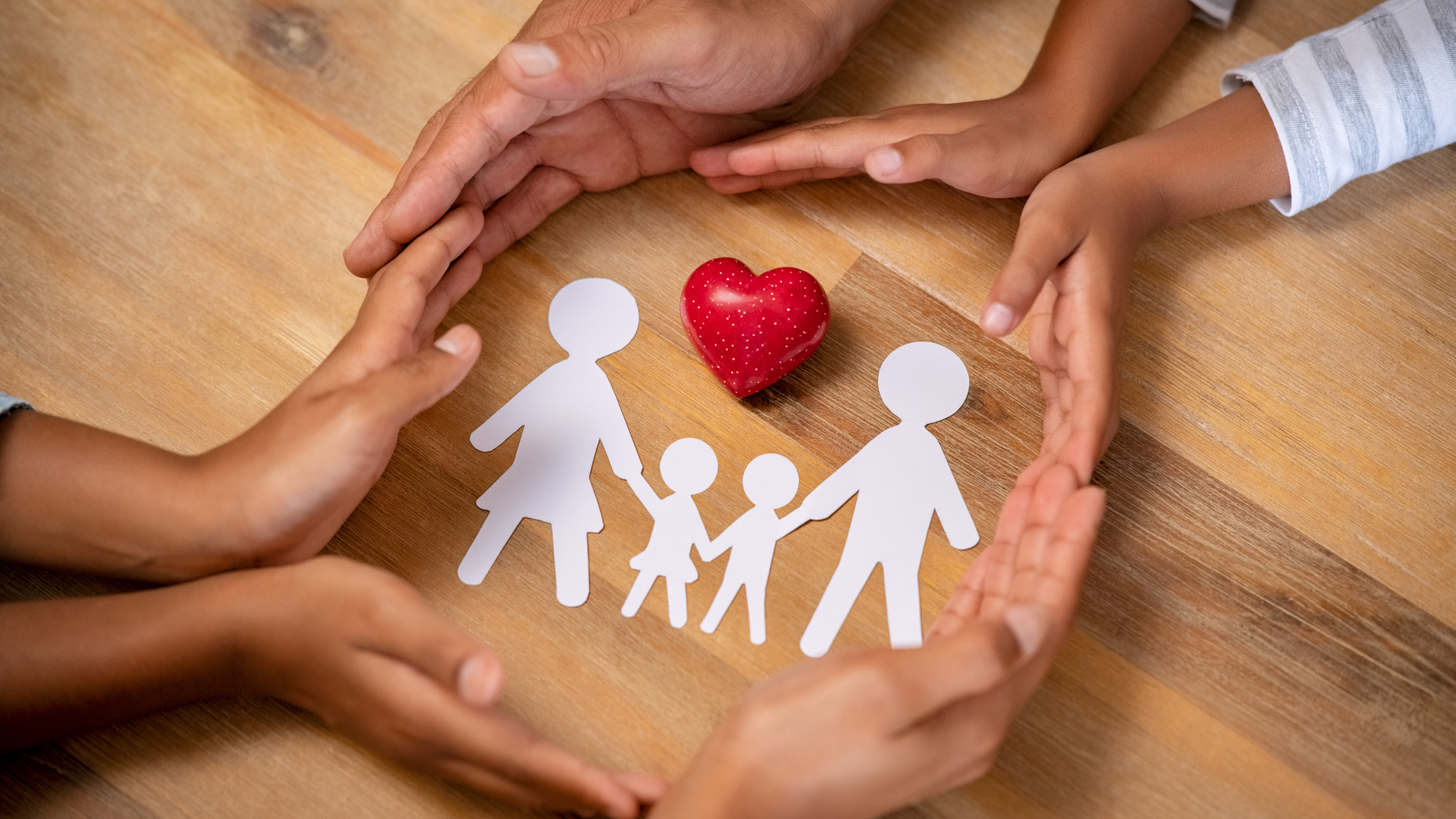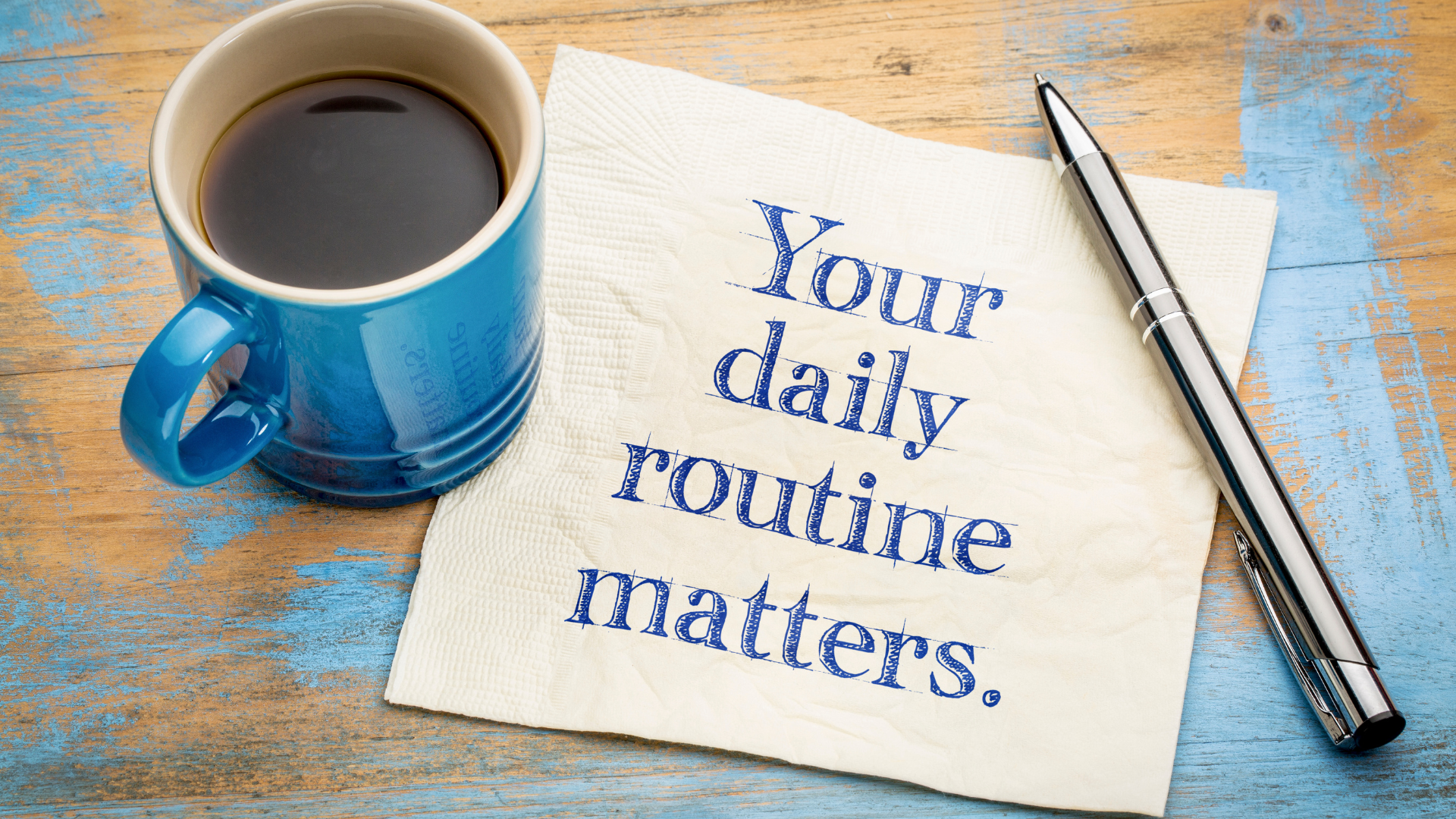Who Are Personal Care Aides (PCAs) and What Do They Do?
Personal Care Aides (PCAs) are essential professionals in the healthcare and home care industries. They provide vital support to individuals who need assistance with daily living activities due to age, illness, disability, or injury. PCAs make it possible for clients to maintain their independence and dignity, often allowing them to stay in their own homes instead of moving to care facilities. If you’ve ever wondered who PCAs are and what they do, here’s a closer look at this rewarding profession.
Who Are PCAs?
PCAs are trained caregivers who work closely with individuals to help them manage their day-to-day needs. Unlike Certified Nursing Assistants (CNAs) or Home Health Aides (HHAs), PCAs primarily focus on non-medical support. They serve a wide range of clients, including seniors, individuals recovering from surgery, and those with chronic illnesses or disabilities.
Many PCAs work through home care agencies, while others may be hired directly by families or individuals. They are compassionate, patient, and skilled at building trust and rapport with clients, making them invaluable in the caregiving process.
What Do PCAs Do?
The role of a PCA centers around helping clients maintain their quality of life. Their responsibilities often include:
- Assistance with Daily Activities
- Helping clients with bathing, dressing, and grooming.
- Assisting with mobility and transferring, such as moving from a bed to a chair.
- Supporting clients with toileting and incontinence care.
- Meal Preparation and Nutrition Support
- Preparing meals that meet the client’s dietary needs and preferences.
- Assisting with feeding, if necessary.
- Household Tasks
- Light housekeeping, such as cleaning, laundry, and organizing.
- Running errands, including grocery shopping or picking up prescriptions.
- Companionship
- Offering emotional support and engaging in conversations.
- Participating in hobbies, games, or outings to reduce loneliness and isolation.
- Monitoring and Reporting
- Observing the client’s condition and reporting any changes to family members or supervisors.
- Ensuring the home environment remains safe and hazard-free.
Why Are PCAs Important?
PCAs play a critical role in improving the lives of their clients. By providing essential support, they enable individuals to maintain their independence, dignity, and comfort. For many families, PCAs offer peace of mind, knowing their loved ones are receiving compassionate care.
In addition to the practical support they provide, PCAs often become trusted companions. Their presence can reduce feelings of isolation and enhance the emotional well-being of clients, making a significant difference in their overall quality of life.
How to Become a PCA
Becoming a PCA typically requires completing a short training program, which may include both classroom instruction and hands-on practice. Topics covered often include personal care techniques, communication skills, and safety protocols. Many states, including New York, also require PCAs to pass a background check and obtain certification to work in home care settings.
Personal Care Aides are the unsung heroes of the caregiving world, offering essential support to those who need it most. Their work goes beyond tasks—they provide companionship, emotional support, and a sense of stability to their clients. If you or a loved one is in need of personalized, compassionate care, a PCA might be the perfect solution. Likewise, if you’re seeking a fulfilling career that allows you to make a difference in people’s lives, consider becoming a PCA—it’s a role that truly matters.





